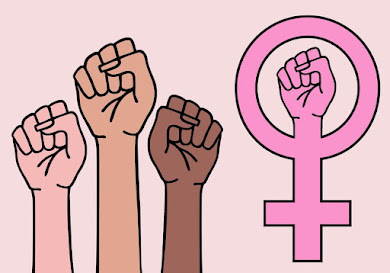What is INDEFINITE PRONOUNS and RELATIVE PRONOUNS
What is INDEFINITE PRONOUNS
Once there were four managers. Their names were: Somebody, Everybody, Anybody, and Nobody. They were very busy people, but whenever there was an important job to be done, Everybody was sure that Somebody would do it. Anybody could have done it, but Nobody did. When Nobody did it, Somebody got angry because it was Everybody’s job. Everybody thought that Anybody would do it, but Nobody realised that Everybody would not do it. So, consequently, Everybody blamed Somebody when Nobody did what Anybody could have done.
We cannot do anything about the four managers. But, we can certainly do something about the highlighted words!
The highlighted words in this interesting story are called Indefinite Pronouns.
Indefinite pronouns refer to things or people without mentioning what or who they are. They can all be used in place of nouns, which is why they are called pronouns, but they are also a little vague, or indefinite, about how many or which nouns they take the place of.
Examples
- Singular: another, anybody, anyone, anything, each, either, everybody, everyone, everything, little, much, neither, nobody, no one, nothing, one, other, somebody, someone and something.
- Plural: both, few, many, others and several.
- Singular or Plural: all, any, more, most, none and some.
Given below is a list of some of the most common indefinite pronouns. (INDEFINITE and RELATIVE PRONOUNS)
| all | each one | few | nothing | several |
| any | each other | many | one | some |
| anybody | either | neither | one another | somebody |
| anything | everybody | nobody | ones | someone |
| both | everyone | none | other | something |
| each | everything | more | others | anyone |
What is RELATIVE PRONOUNS
The pronouns that introduce a dependent clause and connect it to the independent clause are called relative pronouns. They are called relative pronouns as the clause that they introduce relates to noun that precedes them. Who, whose, whom, which and that are the relative pronouns and the nouns to which they refer are called their antecedents.
Examples
• Mr Kobe, who is a native of London, is not the owner of this car.
(Mr Kobe – antecedent, who – relative pronoun)
• A grove of trees that is at the outskirts of the city is for sale.
(A grove of trees – antecedent, that – relative pronoun)
• I don’t want to wear the shoes whose soles come off.
(shoes – antecedent, whose – relative pronoun)
Usage of Relative Pronouns
“Who’ is used for persons only. It may refer to a singular or a plural noun.
Example
* The woman who is sitting in the park is my aunt.
“Which’ is used for non-living things and for animals. It may refer to a singular or plural noun.
Example
• The fish which was caught by a fisherman was put back into the river.
“What’ refers to things only. It is used without an antecedent expressed, and is equivalent to ‘which’ when used for non-living things.
Example
• I gave him what he asked for.
‘That’ is used for persons and things. It may refer to a singular or a plural noun.
Example
* The birds that flew over the green farms had migrated from some other country.
The word ‘whom’ is used as an object and is used for people.
Example
• The person, whom you met in the office, is my uncle.
Read More



0 Comments